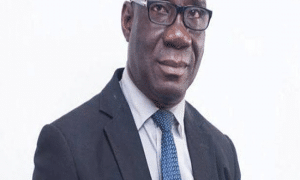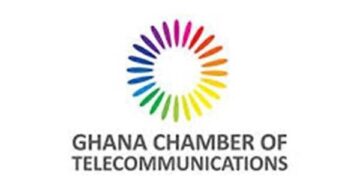The Fair Wages and Salaries Commission has commenced its nationwide payroll monitoring exercise from the camp of the Internal Audit Agency.
The Commission revealed the planned exercise a few weeks ago, with the goal of clearing up the public sector payroll of any irregularities.
The Civil and Local Government Staff Association of Ghana (CLOGSAG) expressed reservations over the decision, but the commission said that it is authorised under the Commission’s Act 2007 (737) to design and supervise allowances and benefits for public sector workers, among other things.
The process began in earnest on Monday, with the Internal Audit Agency’s payroll being scrutinised.
“We thought that our house should be clean, so we have asked them (Internal Audit Agency) to do their own internal auditing and share the report with us so that we will also verify. We want to announce to the general public especially to publicise sector entities and workers that this exercise is not a joke and that it is a very serious exercise. If you know you are not deserving of what you are taking, advise yourself accordingly,” Benjamin Arthur, Chief Executive Officer for the Fair Wages and Salaries Commission said.
In response, the Internal Audit Agency stated its willingness to collaborate with the panel to bring rationality to the government’s payroll.
Dr. Eric Osae, Director-General of the Internal Audit Agency, also stated that particular institutions and public universities had the greatest payroll breaches over time.
He believes that this trend should be reversed as quickly as feasible.
“You take the educational and health service sectors of Ghana and local government sectors, and you see that there are challenges there. I am not saying it is widespread in these sectors, but they are risky areas that demand an eye on the payrolls or else it will keep bloating. The other areas include tertiary institutions. There are people who go on sabbatical leave with some never returning but get paid,” Dr. Eric Kwaku Osae, Director-General of the Internal Audit Agency noted.
The commission hopes to resolve faults in the public sector payment structure such as overpayment, underpayment, ghost names, and other abnormalities.































